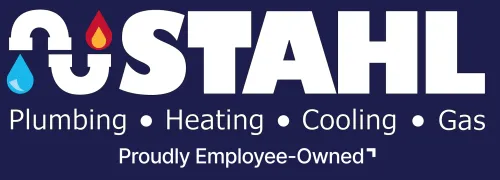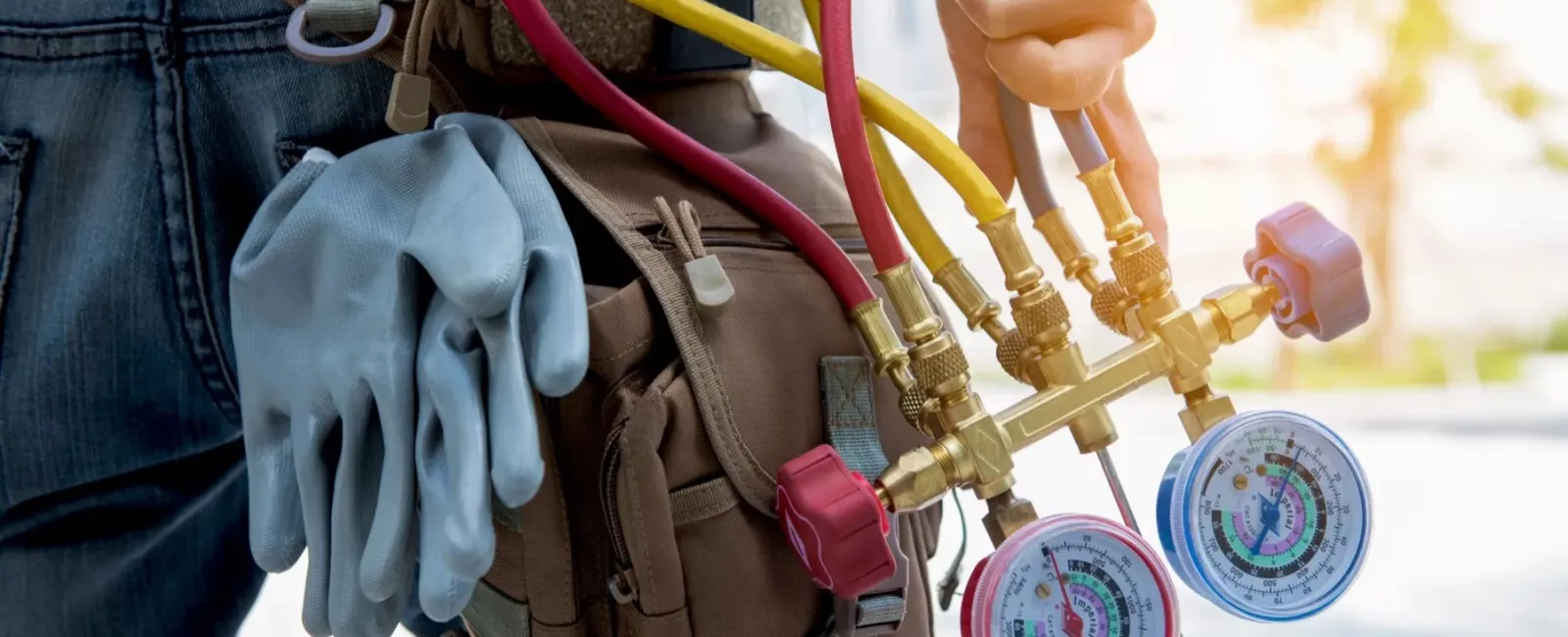High heat places a lot of stress on your home's air conditioning unit. Even a fully functional air conditioner can struggle to maintain your desired indoor temperatures when heat waves strike. Add in poor insulation and/or an aging, undersized A/C unit, and you can suddenly find yourself in a situation where your indoor temperatures are steadily rising.
If your A/C unit is losing the battle against high heat, you can take steps to support its cooling and stem the rising temperatures in your home. Here's a look at the possible reasons your A/C is not cooling enough, and what you can do to fix the problem.
Why is My Air Conditioner Not Cooling the House?
Whether your air conditioner's inadequate cooling is a new problem or an issue you've always had with the unit, most cooling issues can be traced back to one of the following issues:

- The size of your air conditioner. Some houses are equipped with an air conditioner that's too small to adequately cool the interior cubic footage of that home. While this may not be a major problem in temperate or warm weather, a heat wave can offer clear proof that your A/C can't keep up when temps hit their peak.
- Mechanical or cooling problems on your A/C unit. From debris-clogged radiators to damaged or overworked parts, mechanical defects and failures may be the cause of your cooling issues—especially if your air conditioner previously cooled your home with no problem.
- Clogged ducts, or a faulty blower. If your A/C unit is running well but cool air isn't entering your home, you could have a problem with either a clogged duct delivering this cold air, or a blower issue that's restricting the flow of cool air into your home.
- Refrigerant leaks. Leaking refrigerant inhibits the air conditioner's ability to cool the air being blown into your home.
- Poor insulation in your home. In some cases, interior cooling issues might actually be a product of poor insulation, which allows cool air to escape while outdoor heat takes its place.
Tips to Handle an Air Conditioner That Can't Keep Up On Hot Days
In cases where your air conditioner is not cooling your house to your desired level, you can support its cooling efforts—and stay more comfortable on hot summer days—by taking the following steps to maximize A/C performance and alleviate its cooling demands:
- Make sure your air conditioner's radiator is clear of debris. If your air conditioner is not keeping up, its own operating temperature could be part of the problem. This is especially likely if the unit is shutting off in the middle of cooling, which is a safety feature designed to protect the A/C unit from more serious damage. On most A/C units, you can unplug the unit from its power source and use a garden hose or power sprayer to clear out leaves and other debris inhibiting its self-cooling efforts.
- Keep window blinds closed when exposed to direct sunlight. Sunlight can be a powerful source of heat in your home, and windows are more susceptible to heat transfer than walls. Closed blinds will slow the sun's ability to heat up the air in your home.
- Limit cooking and food prep that involves heat. Baking, broiling and pan-frying all generate a lot of heat in your home. Even with proper ventilation in your kitchen, this cooking can quickly raise your indoor temp.
- Run laundry machines and dishwashers outside of peak hours. These appliances generate heat in your home, which can contribute to higher indoor temps. Save these chores for the morning and evening, when outdoor temps aren't already taxing your air conditioner.
- Compromise on your cooling demands by raising the temp a few degrees during heat waves. A higher indoor temp will alleviate cooling demands, which can help your air conditioner keep up with its workload.
A/C Not Cooling Enough? When to Consider an A/C Replacement
If your home A/C is not cooling at a level you deem acceptable, you can always contact an HVAC specialist about an A/C tuneup, repair, or—if necessary—an air conditioner replacement. While a new air conditioner is a significant investment, it may be necessary if your A/C won't cool your home adequately, or if the unit's performance has recently declined.
A heating and cooling expert can evaluate your air conditioner, as well as ventilation and other parts of your central air system, to make sure there isn't a simple fix to your current heating issues. If the problem is the A/C unit itself—and if the unit's limitations aren't able to be fixed—you may be more comfortable upgrading your air conditioner. And, if your current A/C unit is consuming a lot of energy but inefficiently cooling your home, a new unit may actually save you money on your utilities bill.
Don't wait until you're sweating through a heat wave to decide your current A/C performance isn't up to snuff. As soon as you suspect your air conditioner isn't getting the job done, contact a heating and cooling to see if the problem can be fixed—or if it's time to bite the bullet and upgrade your appliance.

